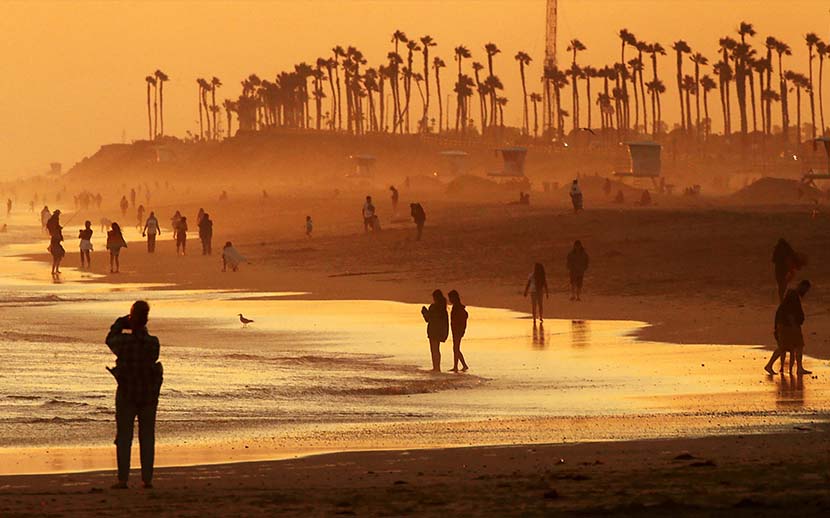The heat wave in Texas has shown no sign of easing. For two weeks straight, temperatures in Del Rio have soared above 100°F daily, peaking at 115°F.
Nighttime temperatures are equally troubling, frequently remaining above 80°F, according to the National Weather Service. This persistent heat disrupts sleep and impedes the body’s ability to recover, making high nighttime temperatures a crucial indicator of heatwave severity.
In Austin, extreme temperatures have led the National Weather Service to issue heat warnings affecting over 40 million people. The southwestern region of Texas recently experienced record heat indices of 120°F (48°C), with forecasts suggesting continued high temperatures.
As people seek relief by cooling off in places like Lady Bird Lake, experts emphasize the severe health impacts of such prolonged heat.

Ben Zaitchik from Johns Hopkins University highlights that nighttime temperatures are particularly critical as they impact the body’s ability to recover from daytime heat stress.
Similarly, Texas State Climatologist John Nielsen-Gammon notes that both maximum and minimum temperatures during this heat wave are approaching record levels in urban areas like San Antonio and Houston.
Cities such as Midland, San Angelo, and Del Rio have set records for weekly average temperatures, exacerbating the heat wave’s severity, which has been driven by a persistent high-pressure system.
Kristie Ebi from the University of Washington warns that the heat’s toll often becomes apparent only after 24 hours, as the body struggles to manage heat stress.
Excess deaths during heat waves are commonly linked to exacerbated health conditions, often not directly attributed to heat on death certificates.
With climate change driving up temperatures, Texas has seen average daily minimum temperatures rise from 51.9°F in 1970 to 54.2°F in 2020, reflecting a broader trend of rising temperatures across seasons.

